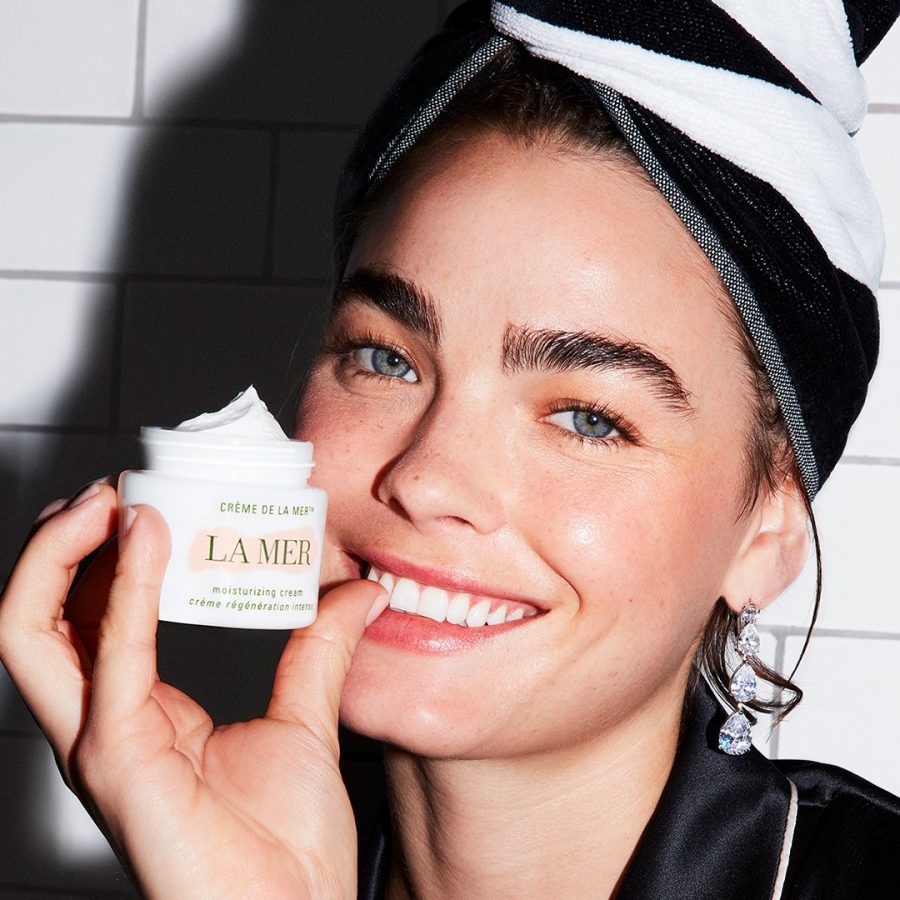Scrolling through my Instagram explore feed, I see a myriad of sculpted beauties smiling back at me. They’re women shopping on the streets of Hollywood, tanning on the beaches of Bali, grinning into vegan smoothie bowls and holding up boxes of weight loss supplements. To a pair of young, impressionable eyes, their lives are seemingly perfect. They are simultaneously relatable and somehow just out of reach, acting as a new breed of supermodel-meets-girl-next-door hybrid: the influencer. Growing from the depths of our Instagram and YouTube feeds, the influencer quickly became the poster child of Generation Z’s obsession with online content surrounding themselves.
Their careers depend upon social media, their daily workload a never-ending stream of life updates: Instagram posts documenting their latest purchases, Snapchat stories showing what they ate that day and YouTube “vlogs” highlighting their nightly routines. Subscribing is a fun escape – the same reason reality tv or cheesy romance novels are popular. Videos featuring fashion tips or vacation vlogs may not be the most intellectually stimulating, but they have proven to be wildly successful amongst today’s teens, with many of today’s internet stars gaining millions of views and followers every day. Due to their fans’ unwavering support, an influencer’s power is unfathomable, with a generation of adolescents seeking to emulate the lives of their favorite online celebrities. However, with great power comes great responsibility, an idea that many of today’s online influencers fail to fully comprehend.
The danger of the influencer lies in their ability to preach perfection at the tap of a button. Possessing the ability to edit the ugly or awkward away, their content preys upon teenagers’ biggest insecurities. Though they claim to be documenting their entire lives, the audience frequently only has access to the beautiful, polished moments. We don’t see them at their low points; we only see the small windows of their lives that they wish to share, often edited heavily with million-dollar lighting. Yet somehow, the underlying message behind the majority of an influencer’s work is that the teenager watching at home should act more like their idols. They should eat the same diet, do the same workout, wear the same clothes, buy the same makeup and live the same, but less cool, life. It becomes a constant game of catch-up, where just as those playing along at home think they have it mastered, the influencer announces a new diet, a new cosmetics line, a new product that viewers absolutely cannot live without. Social media has become a hunting ground for advertisers, convincing girls during their most vulnerable years that they need to shackle their waists into corset-like waist trainers, eat gummy bears to make their hair grow longer and take weight loss supplements in their tea. Their lives are filled with alleged fun and glamor, but little else. There is no fulfillment in these lives, as their friendships are based on those with similar follower counts, and their very existences depend on the number of people who double tap their photos. Is this really what we should be aspiring to become?
The emphasis placed on vanity rather than an education is a major reason why the future of online content is extremely concerning. I can remember when I was younger seeing grinning pop stars saying, “Stay in school, kids!” on the covers of teen-oriented magazines. They have been replaced with 16-year-old girls explaining to a camera why high school “wasn’t for them,” encouraging their followers to assess their options if they too are unhappy with their education. There is potential merit to this message, but also serious danger. Though the lifestyle may appear glamorous, not everyone has the ways or means to move to Los Angeles and pursue a career in social media. Perhaps instead of encouraging young women to become the most stylish, the prettiest, to gain the most followers, we should still be encouraging them to finish their education and pursue a career that will allow them to better the world.
What concerns me the most about the rise of the online influencer is that somewhere out there, there is a 13-year-old scrolling through her Instagram, wishing she could be more like some girl on her explore feed. At such a young, impressionable age, I fear that today’s young women will not be able to see past the photoshop and filters, and they will believe that this is what they should strive to be. These goals are unattainable, and will only continue to tear young women down, allowing their deepest insecurities to fester. After all, no matter how perfect someone’s social media may appear, when you strip away the glitz and glamor, you are left with a girl sitting by herself, behind a camera.
Emma Garber is a Collegian columnist and can be reached at [email protected].




















